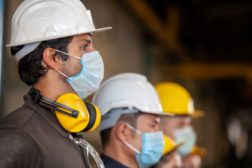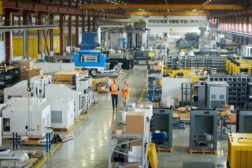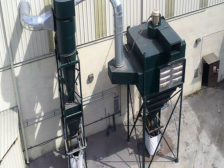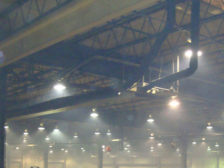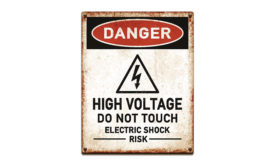Home » manufacturing
Articles Tagged with ''manufacturing''
A strong foundation
Materials and construction advancements provide for growing segment of essential workers
March 22, 2021
Get our new eMagazine delivered to your inbox every month.
Stay in the know on the latest safety trends.
SUBSCRIBE TODAYCopyright ©2024. All Rights Reserved BNP Media.
Design, CMS, Hosting & Web Development :: ePublishing

